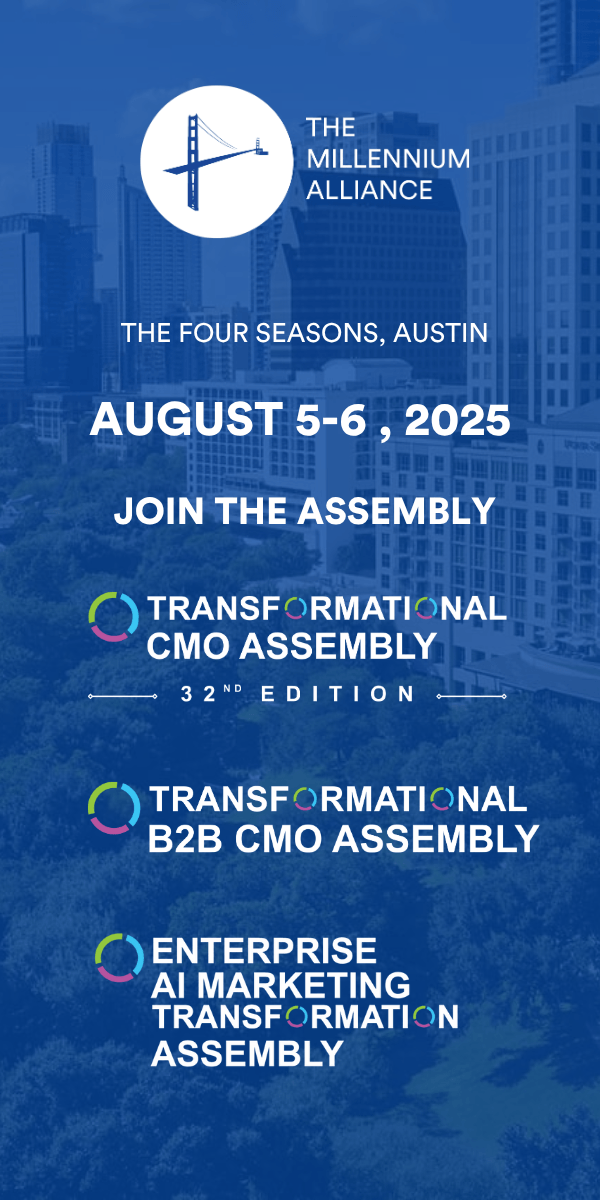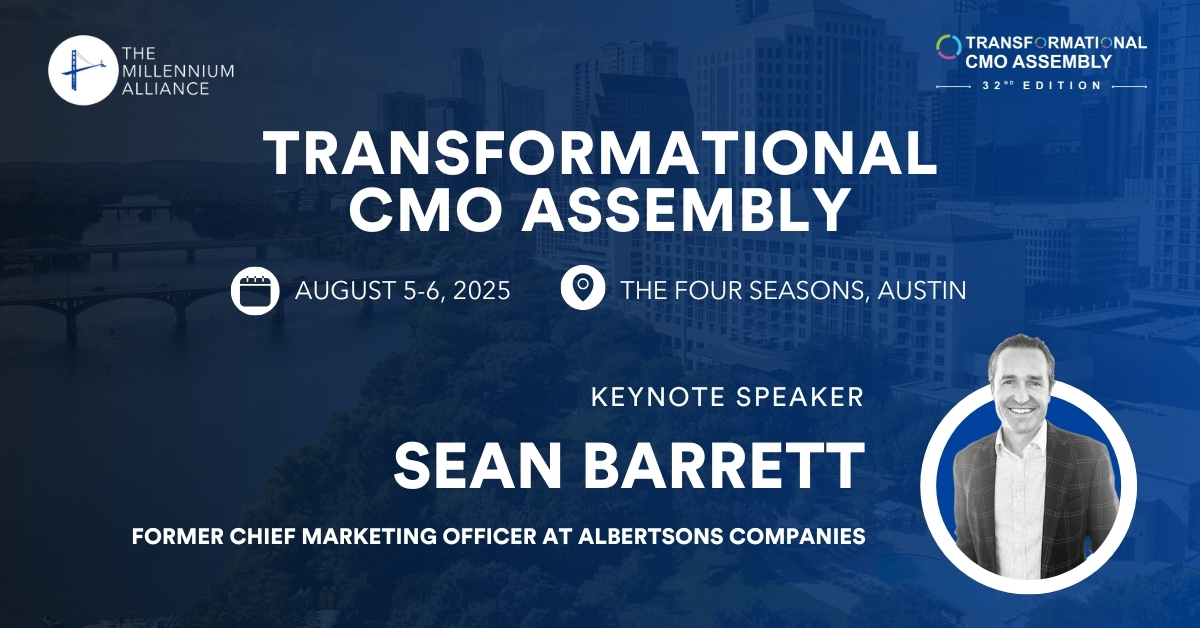The time is finally here: 2021 is the year that Google Chrome’s ban on third-party cookies will begin to take effect. The popular search engine announced in early 2020 that it would slowly phase out the feature, disappearing completely by 2022. Google is the latest browser to make this change, following in the footsteps of Safari and Firefox. And while Google is not the first browser to eliminate third-parties, it is the largest (by a lot), so the impact will be much more significant this time around. Advertisers have had plenty of time to plan for the new, cookieless landscape, but we have yet to see how much it will truly impact business.
To fully assess the situation, we must first understand how first and third party cookies work. First-party cookies allow a website you visit to collect and store information about you such as shopping cart items, passwords, and language preferences. These cookies are often considered “good” because they lead to a more user friendly experience, and user data is only stored within the domain that was visited by the user. Third-party cookies differ in that they can be set by a domain outside of the one visited by the user. These cookies are generally used to collect data, such as shopping cart items, contact information, and other browsing activity, across various websites in order to accurately target ads to a customer base. So why is there so much objection to third-party cookies when they are in fact very similar to first-party cookies? Well, users can choose to enable first-party cookies knowing exactly where information will be stored, whereas third-party cookies offer little to no transparency on where information is sent. This has raised privacy concerns in recent years, leading to the ban. What users don’t understand, however, is how much advertisers rely on these cookies for the targeted ads that create the personalized internet experience we all know. So where will they go from here?
If 2020 has taught us anything, it’s that marketers don’t give up easily. Google’s block on third-party cookies certainly presents a challenge to digital marketers, but it doesn’t mean the end of targeted advertising. Ad executives are turning their attention to first-party cookies and looking to fortify their first-party strategy. The New York Times is leading by example, prioritizing first-party data in its new ad platform. With advertisers scrambling to adapt to the post-cookie world, publishers have the power to leverage first-party cookies for a targeted, user-friendly experience. If marketers continue to opt for these ad services, it could also threaten the already fragile ad tech space by cutting out the “middleman” and normalizing more direct relationships between advertisers and publishers. So is this the end of digital marketing as we know it? Not quite.
While a first-party cookie model is compliant with new policies and provides a highly targeted ad experience, properly leveraging this first-party data is an expensive undertaking, one that smaller publishers may not have the resources for. However, just as with any new regulation, there is always a workaround. Ad tech companies can still track user browsing data, even without cookies. “Fingerprinting” allows these companies to collect user data and store it on their own servers rather than in a user’s browser. This not only allows the user data to be collected, but it also prevents the user from accessing, controlling, or deleting the information. However, this data does not include any PII, or “personally identifiable information like name, email address, or phone number”. In other words, users will still see targeted ads, whether from ad tech companies’ new methods of data collection and storage or through publishers’ own first-party data.
Meeting personalization demands while maintaining data privacy and transparency has always been a balancing act. Because of this, Google has committed to a slow and smooth transition aimed at reducing the impact of this change on the fragile ecosystem. And of course, as history has shown us, with every new roadblock, innovation only accelerates. So what does 2021 have in store?














